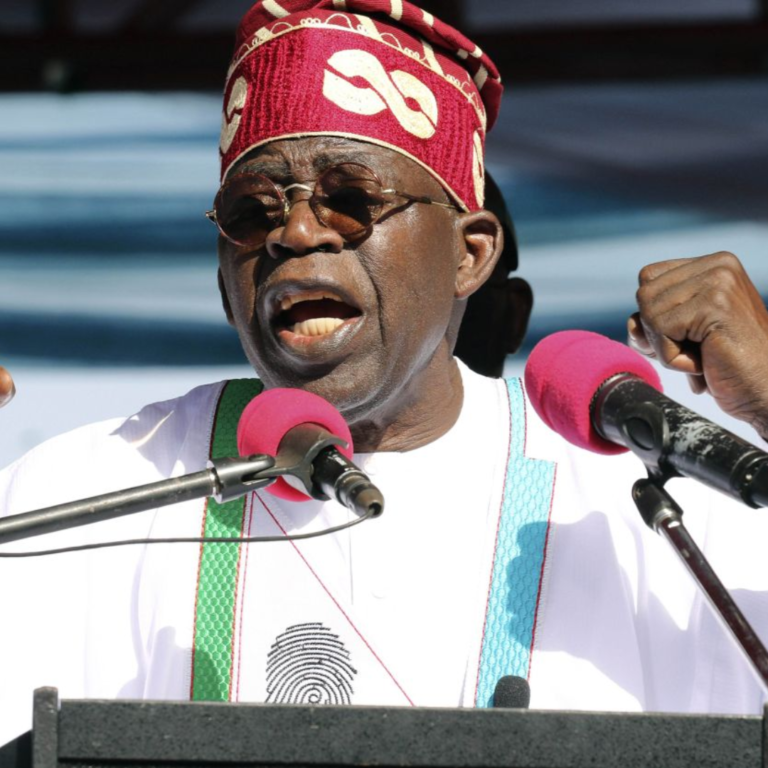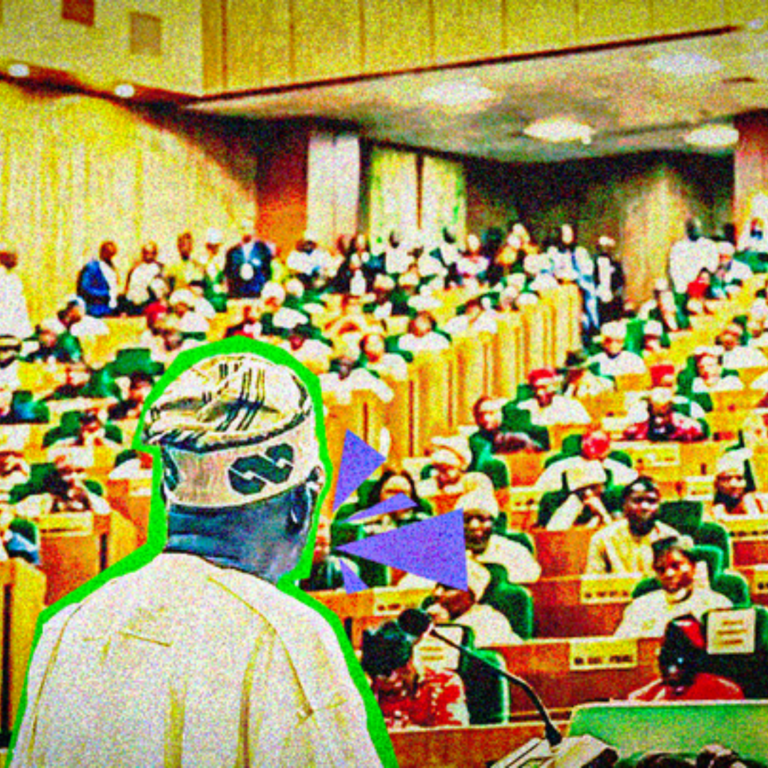If you were already an adult with a phone as of October 2020, you might find most of this article triggering.
On Sunday, November 24, an official of the Lagos State government said something so incriminating, that Nigerians are calling on law enforcement agencies to investigate him– Wale Ajetunmobi, Senior Special Assistant on Print Media to the Lagos State governor, made a post on X, saying that the government “hunted down and executed” many of the people who burnt down a TV station in Lagos during the EndSars protests of 2020.
Ajetunmobi’s X post, now deleted, seemed to suggest that the government had engaged in extrajudicial killings, so this sparked a lot of outrage on the social media platform.
When asked by another X user to clarify what he meant, Ajetunmobi denied any connotation of extrajudicial killing.
“Lol. You want to create a narrative in your head. What is extrajudicial killing here? Some of the people were chased by soldiers, and an exchange of fire occurred. Then, arsonists were overpowered and killed in the process. Others ran away. Is that extrajudicial killing to you?” he tweeted in reply to the person questioning him.
The outrage continued, as many people on X viewed his reply as an attempt to save face. On Tuesday, November 26, two days after Ajetunmobi’s controversial statement, Lagos State Governor Babajide Sanwo Olu said he was suspending the media aide for his tweet which, according to him, was inaccurate.
The statement announcing his suspension was published on the Lagos State government’s official website. It said: “Mr Ajetunmobi’s suspension comes on the heels of the misrepresentation of facts on his personal “X” account on a past incident.”
“The Governor wishes to state categorically that his administration frowns at any form of extra-judicial punishment and will not be a part of any such action. That is not who we are. That is not our way.”
Why should Ajetunmobi be investigated for his statement?
There are a couple of reasons, but one stands out as the biggest elephant in the room– the allegations previously denied by the government.
In October 2020, youths across Nigeria took to the streets to protest police brutality perpetrated by the notorious Special Anti-Robbery Squad (SARS) unit of the Nigerian Police Force. While the demonstrations went on simultaneously across the country, the tempo was especially high in Lagos, which was the centre of the protests.
On the night of October 20, 2020, after failing to shut down the protest through a curfew, the government deployed soldiers to the Lekki tollgate, where hundreds of unarmed protesters were gathered. What followed was extrajudicial killing of many, which the military has repeatedly denied.
The Television Continental (TVC) station, which Ajetunmobi referenced in his tweet, was burned down by unknown persons summarily referred to as “hoodlums” on October 21, 2020, barely a day after the government had denied the extrajudicial killing of citizens at the Lekki Tollgate, despite overwhelming evidence indicating it did.
Ajetunmobi’s claim that many people were “hunted down and executed” in a gruesome manner paints an ugly picture and raises new questions about the events of October 2020 that cannot be answered by his suspension.
Following his tweet, past eyewitness accounts and reports by investigative journalists saying that the Nigerian military executed citizens connected to the protests have surfaced again, and they might not be put to rest by a temporary suspension or sack, considering he’s a government official.
The EndSars protest holds a lot of meaning to Nigerian youths however, the Lekki massacre holds an even deeper meaning for them. For many, the mindless killing of young people meant there was nothing more to fight for, and this pushed them to leave the country. This sentiment is reflected in the high rate of migration from the country, post EndSars. For instance, a 2022 survey by the African Polling Institute showed that 70% of Nigerians between the ages of 18 and 35 would leave the country if they could. This huge leap from the 39% result from a similar survey in 2019, across all age groups summarises the feelings of the youth.




